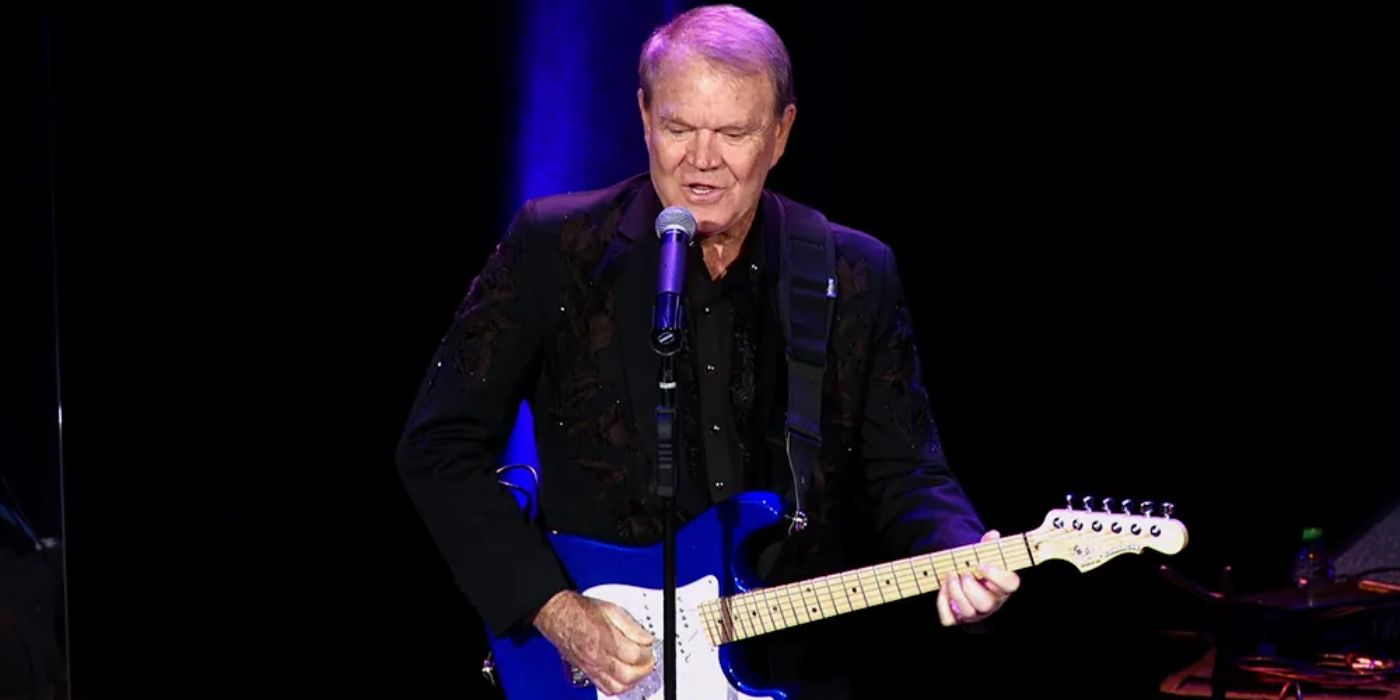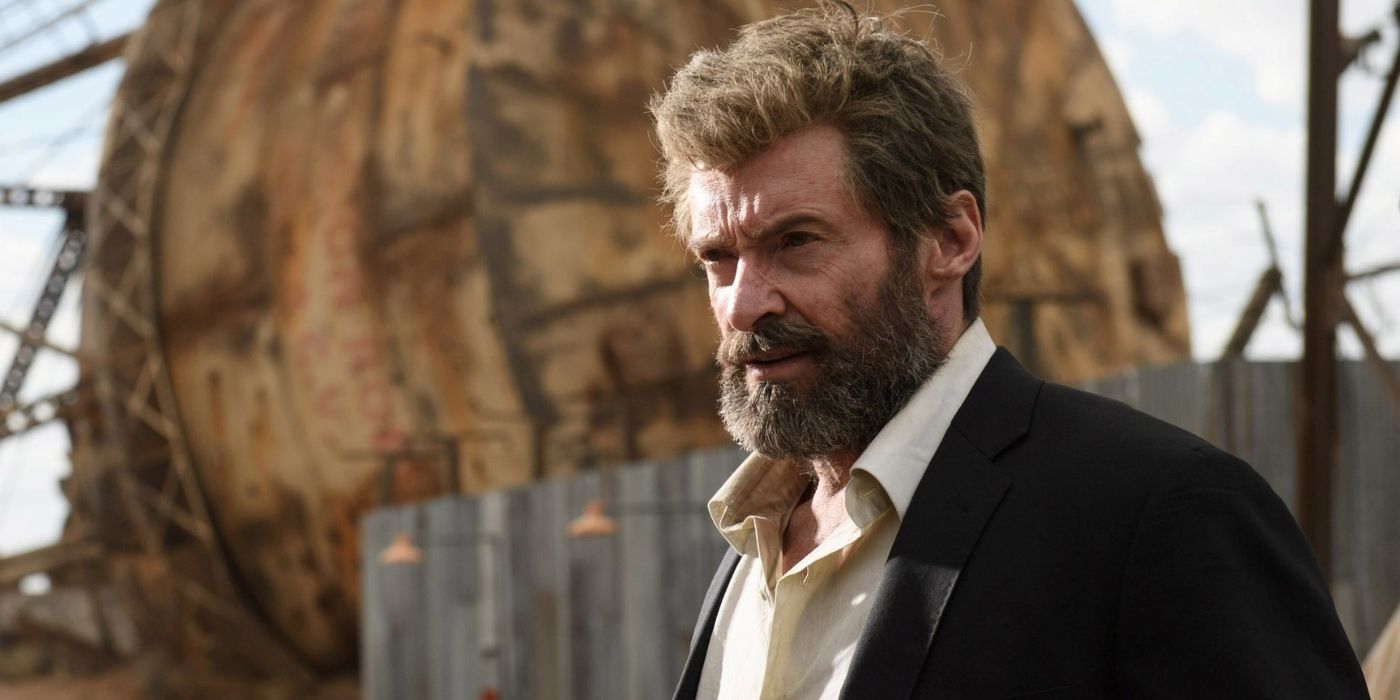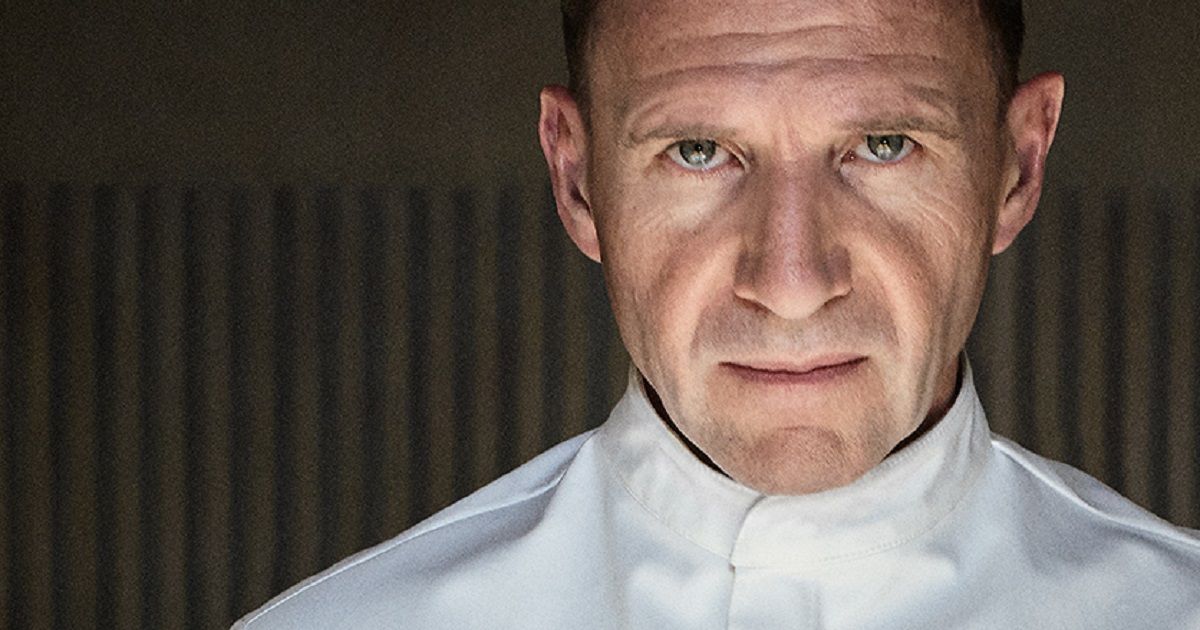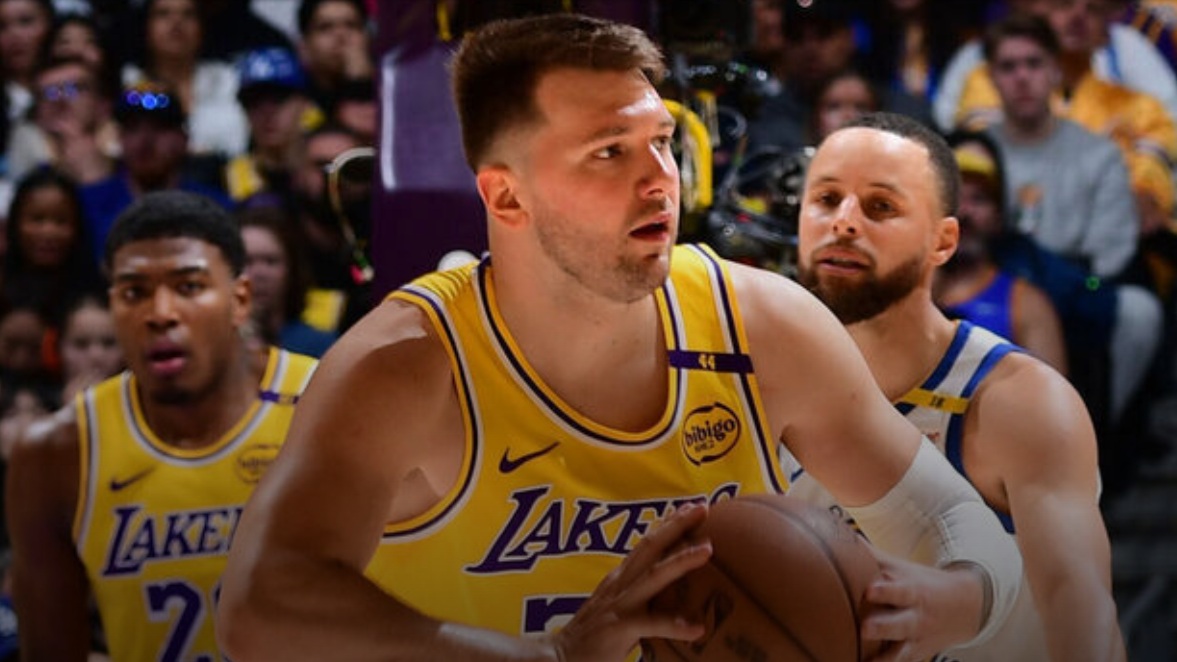This is what you don’t see on even the most comprehensive behind-the-scenes special features on a Blu-ray. The lighting test only helps the director and DP. The poor actor has to just be a face on film and, in this case, gets treated as such. He’s willing to take it since, I’m guessing, his more fulfilling work as a Shakespearean actor on stage can only go so far, financially. Malky also appears to know the director and is doing him a favor.
Malky’s story is a common one. Often, I see short films that are clearly made by cinematographers, not storytellers. Not that one can’t be both, but I cannot tell you how many short films I’ve seen where the director clearly didn’t know how to work with actors, but certainly knew how to frame and light. Actors know when they’re working with a director like that and it can make for a very long and unfulfilling day. This is obviously a different kind of situation, but it bears mentioning.
Nicoll is wise to never show the other characters whom Malky is talking to. I’m picturing them looking only at their monitors and patiently waiting for the magic hour to come. Malky constantly tries to keep himself engaged by reciting any monologue he can remember and only gets “Can you look to your left a little bit?” in return.
“Lighting Tests” reminded me of another short film I reviewed a few years ago called “No Other Way To Say It,” about a voice actor who has to deal with indecisive directors who constantly give her pointers just for the sake of it. Both films observe the disconnect an actor can feel with their director or with a project or job they don’t believe in. And both films are funny and painfully real in a way that any actor who watches it can feel that they’re not alone.
Q&A with director Tom Nicoll
So how did the idea for this film come about?
I had been thinking about the nature of the industry, about actors who in the early stages of their careers have to take all kinds of jobs, and perhaps be exploited within those jobs. I know a few actors and you hear stories about terrible jobs they’ve been on, or just being used as a human prop for days on end. I thought there was an interesting story to tell here.
I wanted to work with Liam Harkins again, who plays Malky in the film. I knew he had many different skills as an actor, and I wanted to write a role for him that he could really get his teeth into and show his full range. I wanted to make a film that has moments of comedy and empathy in it, and leaves the audience with a few questions at the end.
You can view the original article HERE.





























